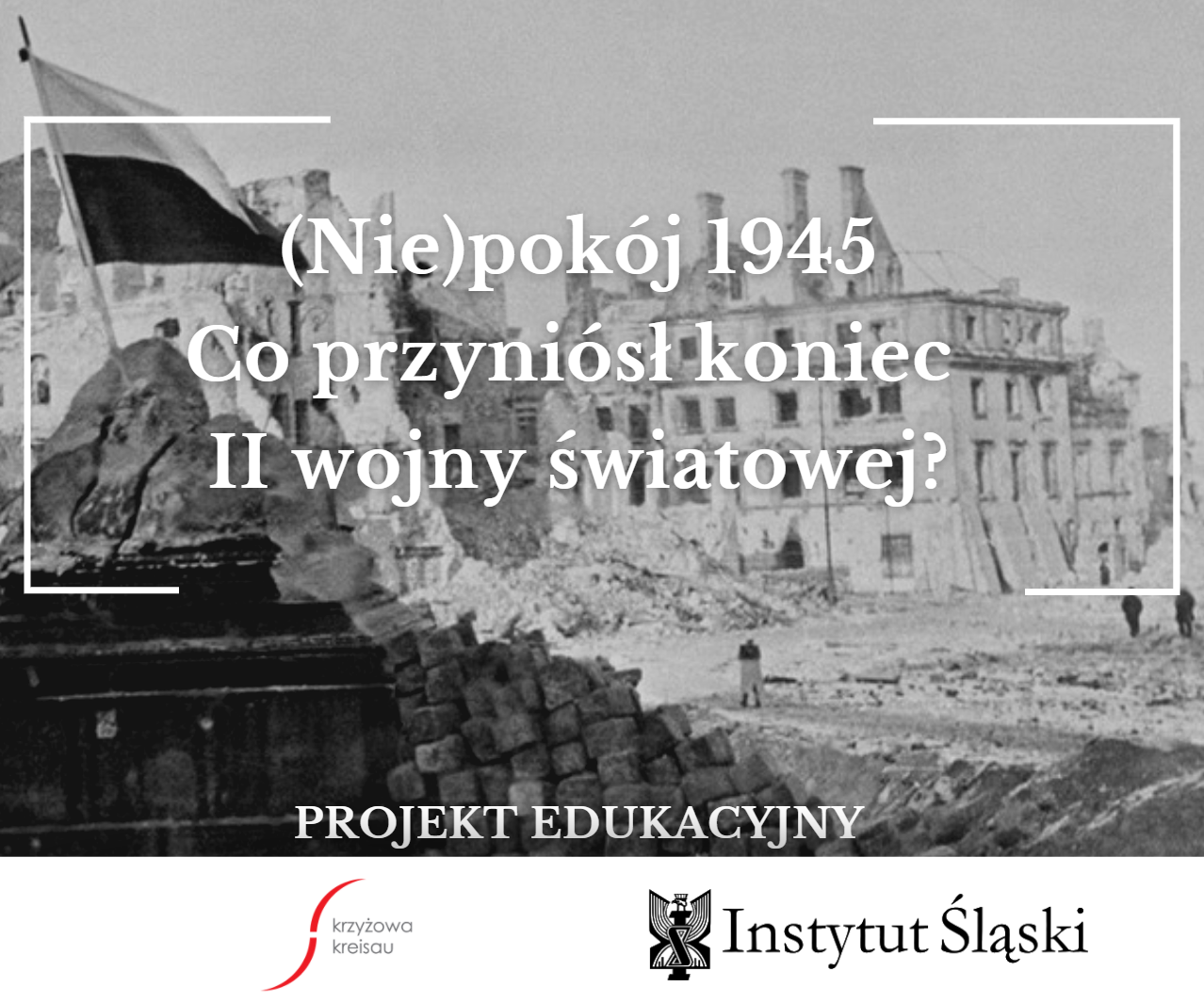
The year 2020, in addition to the many challenges we faced, also brought the Krzyżowa Foundation a lot of good. The small number of guests allowed us to focus on improving the operation of our center in terms of its impact on the environment. The project "Towards sustainable development in education and practice", which we implement thanks to funding from the Heinrich Böll Foundation from Warsaw allowed us to implement many pro-ecological projects and develop this part of our activity, both in terms of education and practice (in line with the name of the project).
As we assumed it a year ago, while working on the ecoconcept, we introduce ecological solutions with the participation of members of various departments of the foundation - substantive employees cooperate with technical employees. Thanks to this, many educational materials were created, including those for use in the space of our center. Some of them are:
Read more: PROJECT || "Towards sustainable development in education and practice"
 This year, the 30th anniversary of German reunification is an opportunity to reflect on the political and social context of these events and their contemporary significance for Germany, Poland and the whole of Europe.
This year, the 30th anniversary of German reunification is an opportunity to reflect on the political and social context of these events and their contemporary significance for Germany, Poland and the whole of Europe.
The Krzyżowa Foundation for Mutual Understanding in Europe together with the Konrad Adenauer Foundation in Poland organized an online debate, which took place on 19th of November.
The debate was attended by:
- prof. Krzysztof Ruchniewicz (researcher at the University of Wrocław, Director of the Center for German and European Studies Willy Brandt)
- dr Kai-Olaf Lang (expert Stiftung Wissenschaft und Politik)
The meeting was moderated by dr Robert Żurek (Managing Director of the Krzyżowa Foundation for Mutual Understanding in Europe).
Read more: Online debate || German reunification - reflection on the 30th anniversary - 19 November 2020...

Polarisation is a term we often use to describe attitudes and explain current events. But do we not abuse it to describe a complex social reality - which is far removed from the image created by the media? What is really going on in Poland and Germany, and where are the axes of dispute?
The Krzyżowa Foundation for Mutual Understanding in Europe together with the Konrad Adenauer Foundation in Poland organised an online debate which took place on 3 December.
In the discussion took part:
Basil Kerski (Director of the European Solidarity Centre),
Lutz Rathanow (Saxon State Plenipotentiary for Overcoming the Dictatorship of the SED).
The meeting was moderated by Dr Katarzyna Grzybowska-Walecka (UKSW).
Read more: The online debate || Polarisation - media fact or social reality? - 3 December 2020 [Audio...

Despite the difficult situation and remote teaching, we do not interrupt our educational work. As part of the project "(Un)peace 1945. What did the end of the Second World War bring?", we have just conducted 15 workshops with the participation of primary and secondary school students from the Lower Silesian and Opole provinces. Almost 400 students and teachers took part in them.
We recommend scenarios (in Polish), which were prepared to tell young people exactly what happened in 1945 and why that year did not mean the end of the fighting and the beginning of the reconstruction of the country for the whole of Europe.
Read more: Online workshop || ( Un)peace 1945. What did the end of World War II bring?







